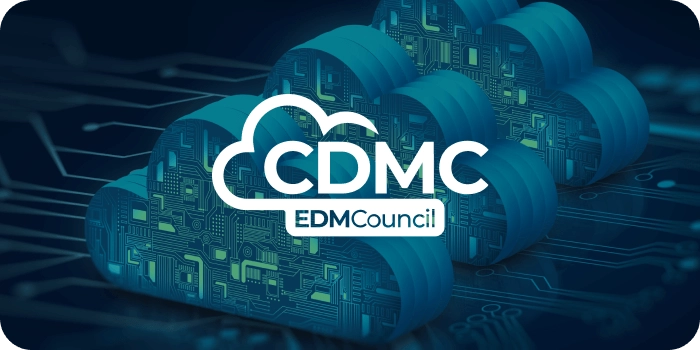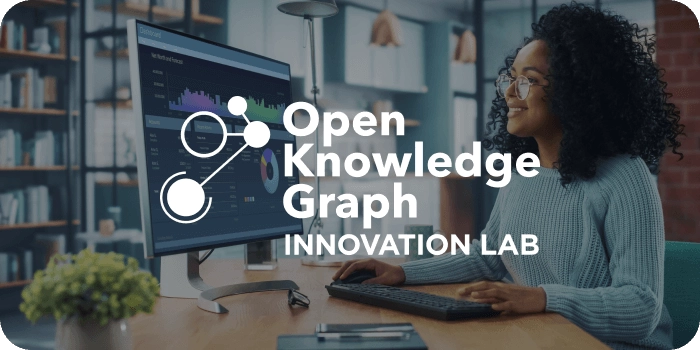Details
We are making our lives more difficult and have been fooled into thinking more is better, especially when it comes to data. What is currently happening in the world and why do we need to take data hoarding seriously? Let’s get everyone to play nicely together and get data right by getting us all a little bit of data therapy.
Join this session to discover:
- What is the hoarding principle and where is comes from?
- Why Technology is not coming to save us
- What data therapy is and learn the steps on how to provide it for your organisation
- An overview of what’s happening in the data and AI market and how to react
Speakers
Post-event summary
The webinar titled The Hoarding Mentality and what to do about it,” co-hosted by the Women Data Professionals, featured a dynamic and insightful discussion among industry experts:
- Caroline Carruthers, Chief Executive, Carruthers & Jackson
- Moderator: Michelle Van Steenbergen, SVP, Commercial Banking, Sr. Business Data Manager, M&T Bank
In this webinar hosted by the Women Data Professionals’, Caroline Carruthers of Carruthers & Jackson delved into the critical issue of data hoarding within organizations and its implications for effective data management. Carruthers highlighted the often overlooked but crucial role of data architecture, likening it to ensuring that all ingredients in a kitchen are well-organized, making it easier to follow a recipe effectively. She emphasized the potential for confusion when the basics are not in order, stating, “You don’t go into the cupboard and pull out something that says sugar, and you’re looking at salt instead.”
Throughout the webinar, Carruthers stressed the importance of understanding data’s origin and ensuring it is managed with clear and accessible architecture to prevent common issues like mislabeling or outdated information. This approach not only streamlines operations but also enhances data security by clarifying what data is valuable (or not) and how it should be protected.
Moreover, Carruthers touched on the psychological aspects of data hoarding, which can stem from individuals within organizations who might cling to data, perceiving it as a source of power or job security. She discussed strategies to mitigate this, such as fostering an environment of shared responsibility and transparency, which encourages individuals to see the value in collective benefit over personal gain.
The session also covered the broader impacts of AI and governance on data management, reflecting on how AI can amplify the chaos of unstructured data if not properly governed. Carruthers called for a balance of innovation and governance, suggesting that fostering an understanding of ethical data use and governance frameworks is essential in harnessing the full potential of data-driven technologies.
In conclusion, the webinar underscored the necessity of strategic, thoughtful approaches to data management, highlighting that “we all understand the need for governance, but we’re still worried about putting it in place,” as Carruthers succinctly put it. She advocated for a methodical and inclusive strategy to overcome the challenges of data hoarding, emphasizing the critical role of governance as a fundamental enabler, not a constraint, in the effective management of data.



